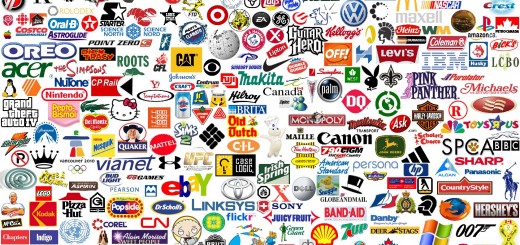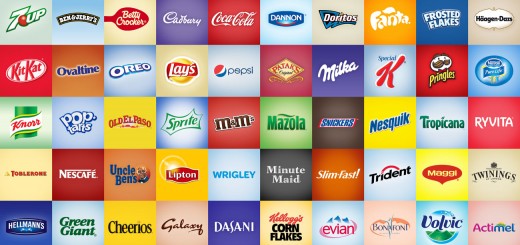Performance, procurement lead agency-client conversations: WFA
Over the years, the agency and client relationships have seen significant changes, some of which are better understood with the evolving remuneration model of the business. The World Federation of Advertisers (WFA) has taken a closer look at some of these changes over the last three years.
The Federation engaged a survey of 43 of its member companies, operating in 12 different sectors and representing more than USD 100 billion in annual ad spend, identified major shifts in the way that advertisers reward agency partners had occurred since the organisation last asked these questions in 2011.
Carried out in conjunction with global media management consultancy ID Comms, the survey shows that advertisers are increasingly looking to align agency interests with their business KPIs by giving them the chance to boost their income, if they can deliver additional value.
Eleven per cent of respondents already feature performance-based elements in their contracts (up from 7 per cent in 2011). A further 37 per cent of those surveyed saying they planned to implement performance incentives, 36 per cent said they wanted to explore value-based compensation and 66 per cent said they wanted to link agency income more closely to their own performance.
The research also asked respondents exactly what measures of performance were being used to reward agency partners. The answers reveal a sophisticated approach that is being developed, with different agency types earning bonuses based on substantially different criteria.
Different agencies, different metrics
The most popular business performance metrics for creative agencies are sales volume and market/brand share, whereas for media agencies it is buying targets and composite performance scores. Digital agencies tend to earn their reward on the basis of sales volume.
Ad performance metrics being used for creative agencies included ad awareness and brand image shifts as well as predisposition to buy. Ad scores and ad awareness are commonly used for media agencies.
Soft metrics were more consistent across agency types with relationship management and agency service delivery being common, although media agency contracts were more likely to include elements related to administration, functional competence and thought leadership.
Further findings from Global Agency Remuneration Trends indicate:
• Contracts are increasing being negotiated and implemented by procurement, backed up by support from marketing and finance, which scored 51 per cent, compared to 43 per cent in 2011. Eleven percent of procurement teams also carried out this process alone in 2014.
• Marketing is increasingly losing this role, down from 26 per cent in 2011 for marketing led negotiations with support from procurement and finance to 20 per cent. In 2014 a further 6 per cent of marketing teams carried out this process alone.
• Across all agencies and in all regions worldwide, labour-based fees (labour time calculated by the hour OR as a percentage of personnel time) remains the most popular model of remuneration, used in almost 50 per cent of cases, although this is a 6-point drop on 2011 data.
• The use of commission (variable, fixed rate and sliding scale) is stable across all regions at 12 per cent, but rare outside of media agency agreements.
• Asian advertisers are far more likely to use fixed-rate commission to reward agency partners with around 30 per cent of all agency agreements using this model, compared to a global average of 8 per cent. Sliding scale commission and variable commission are also well ahead of the global average in this region at 4 per cent and 7 per cent, compared to 1 per cent and 3 per cent respectively.
The data has also been used to produce a Guide to Agency Remuneration and Performance Metrics in conjunction with ID Comms. The publication provides advice to advertisers that want to reward their agencies for the success and value they contribute.
“Establishing common interests in true business success is essential for advertisers and agencies that want to build long-term relationships. This research reveals how the world’s biggest advertisers are working hard to build new relationships that move away from commission and give their agency partners a reward for the success they help generate,” said Stephan Loerke, Managing Director at the World Federation of Advertisers.



